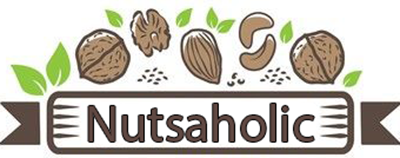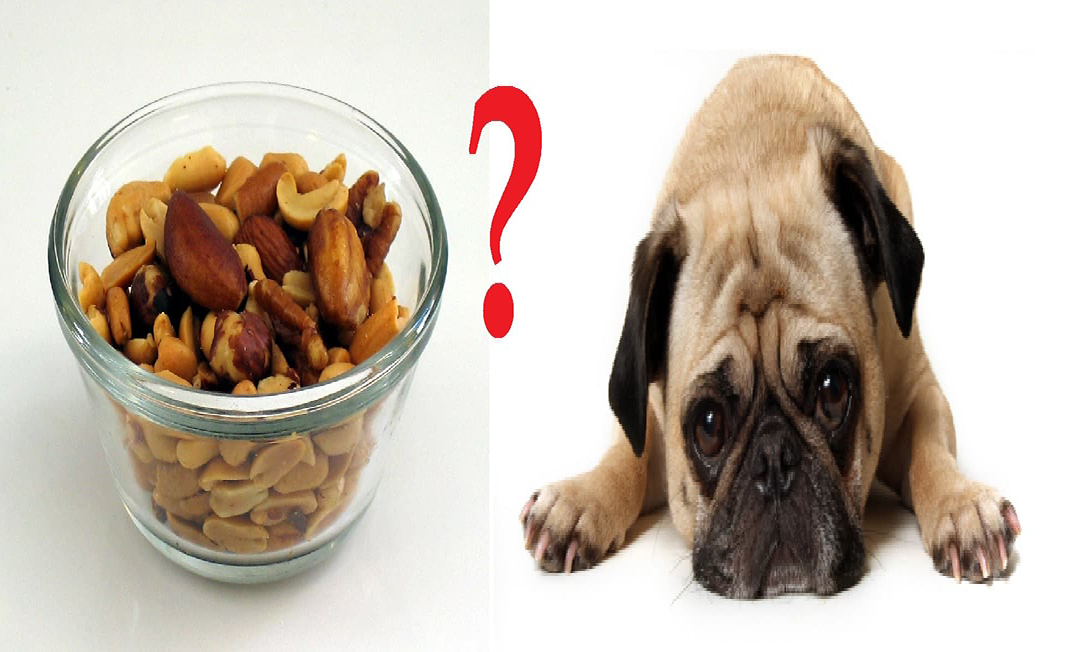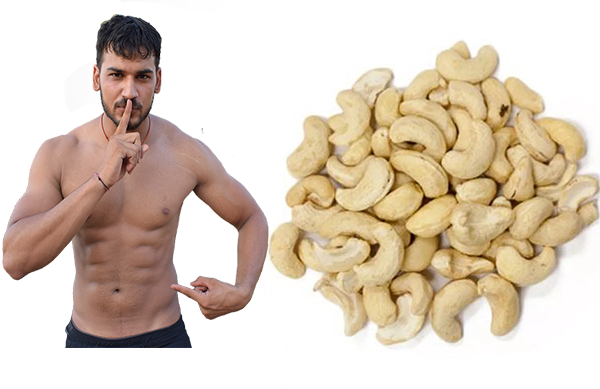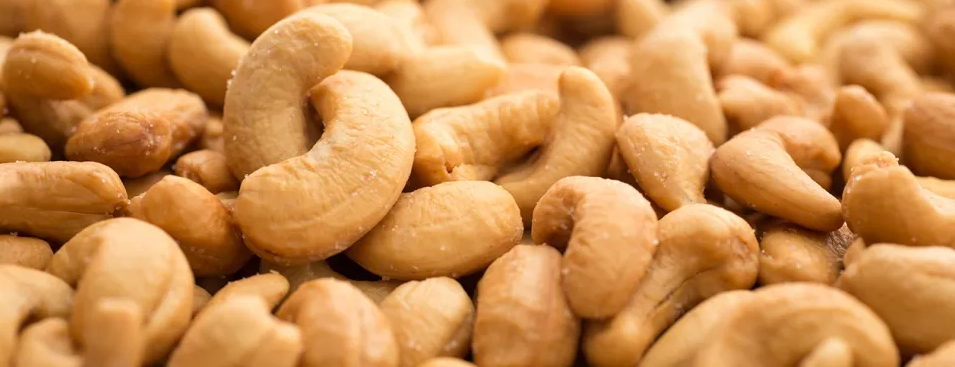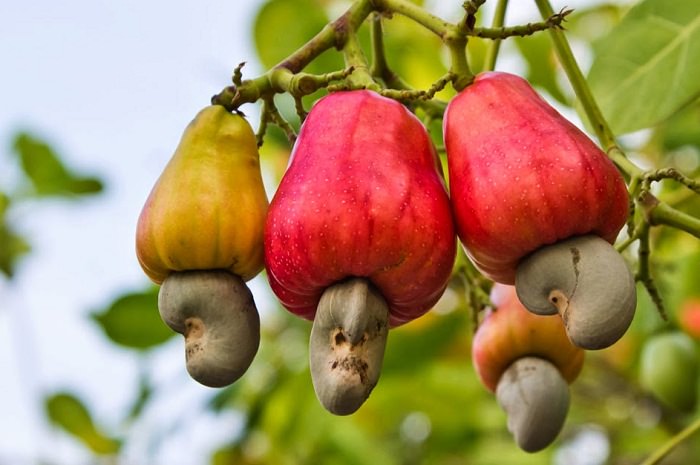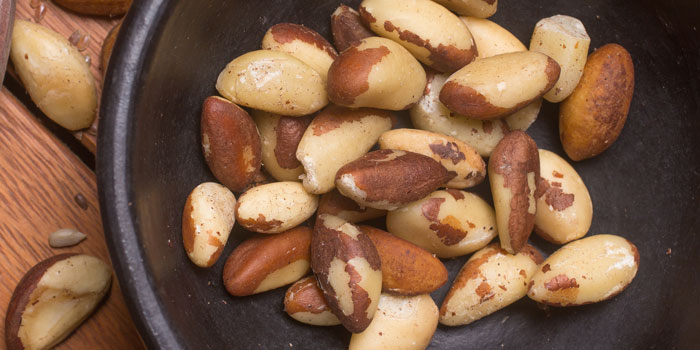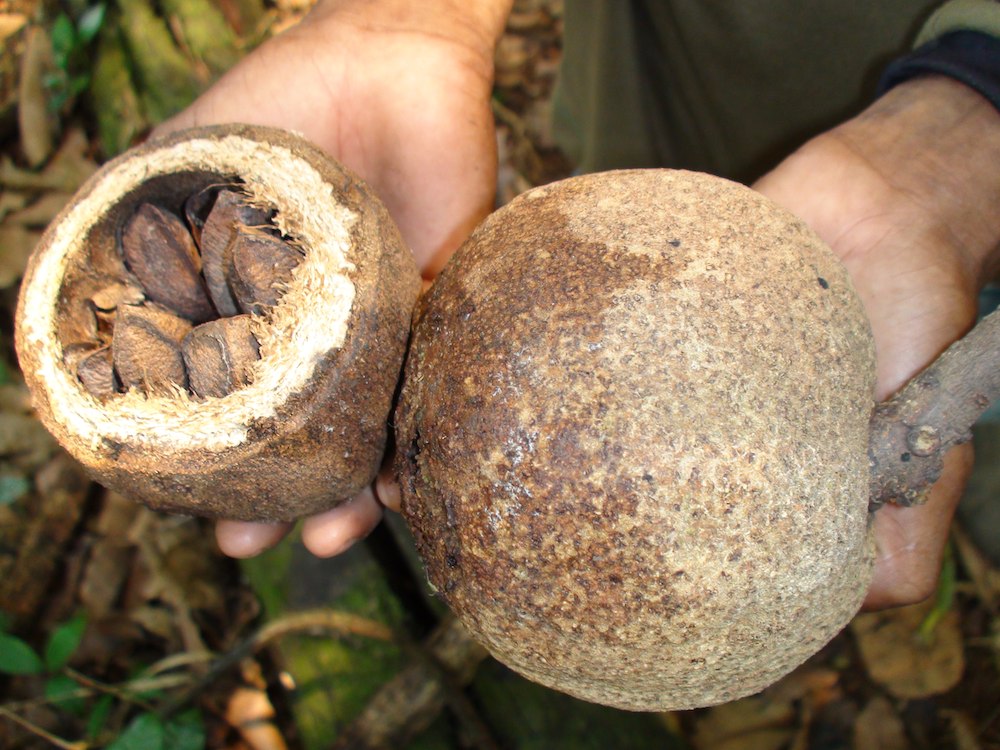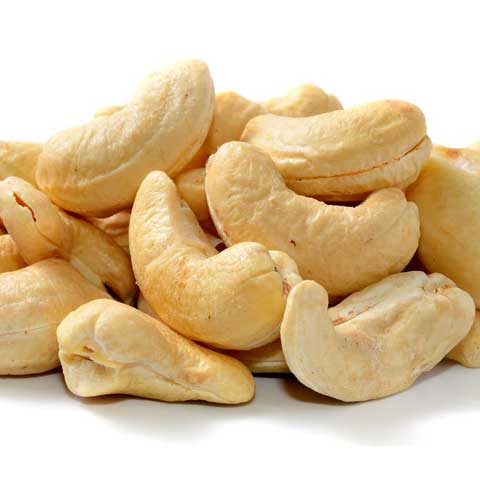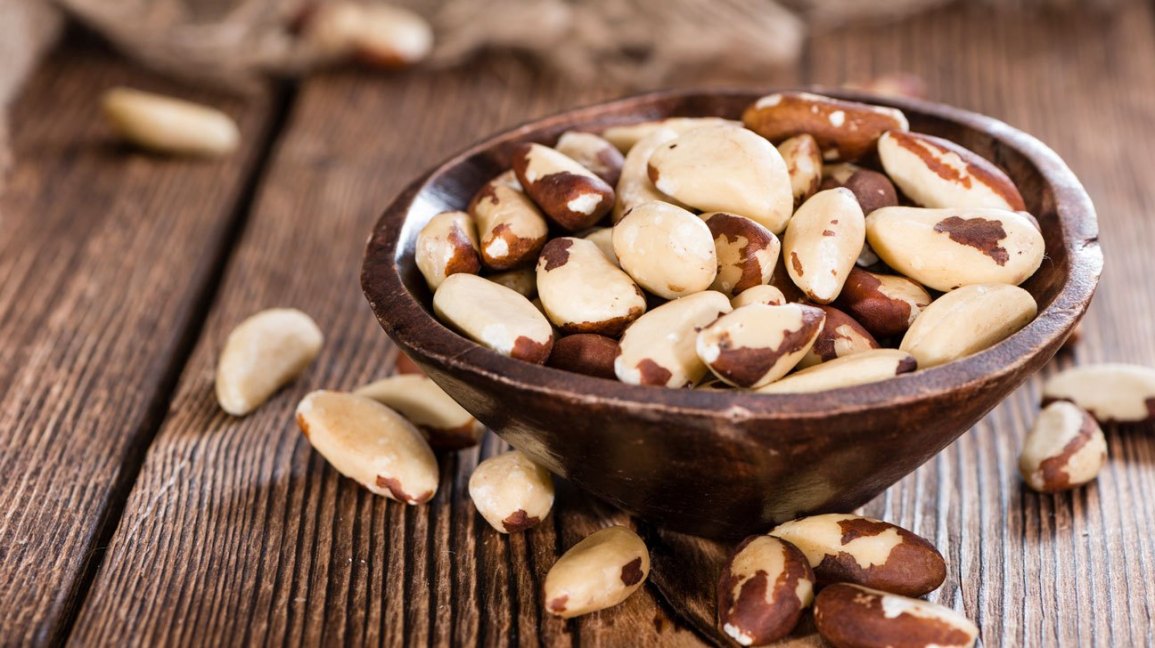Nuts and dogs are the most searched term on the internet by pet lovers. Pet lovers and owners need to know whether their dogs are at risk by consuming nuts. Most people are curious about cashew nuts, almonds, pistachios, and walnuts.
What nuts are considered as safe nuts for dogs?
You can feed these nuts to your little companion;
- Cashew Nuts
- Peanuts
- Hazel Nuts
1. Cashew Nuts for Dogs
Dogs can eat cashew nuts in moderate quantities. Excessive eating can cause stomach problems. If you are going to feed your dog cashews, never use raw cashews.
Before feeding them ensure the cashews are boiled or baked. The raw cashew nuts contain a poison that is disposed of through boiling and heating.
2. Peanuts for Dogs
Unsalted, shelled peanuts are good for your dog. Dogs will not in general experience shelled nut hypersensitivity like a human. But, these sensitivities do exist in animals too.
3. Hazel Nuts for Dogs
Dogs can eat hazelnuts as they are not harmful to them. But, if you have a puppy, you need to be careful. Hazelnut could be stuck in throat, or could cause an intestinal hindrance.
What nuts are not good to feed a dog?
- Almonds
- Walnuts
- Macadamia Nuts
- Pecans
- Pistachios
- Hickory Nuts
Almonds
Dogs love the essence of almonds. These are not dangerous for your dog. But you need special care while feeding almonds to your dog. It may cause a loose stomach and make gastric intestinal trouble.
Walnuts
Never feed walnuts to your dog. Walnuts contain a poison named tremorgenic mycotoxins can cause seizures in dogs.
Macadamia Nuts
Macadamia nuts contain high fat, which can cause a loose stomach and pancreatitis. These nuts further create neurological side effects in dogs.
Pecans
Pecans contain the poison juglone that can cause laminitis in dogs. Further, feeding pecans can cause gastric intestinal or blockage.
Pistachios
Wealthy in fat and can make your dog build up an annoyed stomach. A large amount of feeding of pistachios can cause pancreatitis in your dog.
Hickory Nuts
Hickory nuts contain the poison juglone that can cause laminitis in dogs. Eating hickory nuts can cause gastric intestinal problems or an intestinal blockage.
Why feed cashew nuts to dogs?
Cashew nuts are commonly good for dogs to eat. But you need some care. There are some essential rules to remember whenever going to feed cashews to your dog.
While cashew nuts are non-toxic for your dog. There are a few dangers related to feeding these delectable nuts to your dog. Cashew nuts contain high fat and protein content. They may cause some potential issues, particularly if you feed in large quantities.
A high fat eating routine can cause pancreatitis. Pancreatitis is a dangerous condition that requires the quick consideration of a veterinarian.
High fat foods cause obesity. Regular cashew nut dosages can cause weight gain and joint-related issues. Further, your dog may be at risk of getting diabetes and joint pains.
Cashew nuts are being sold in different packaging, particularly around the Christmas season. You need to buy a pack of unsalted cashews for your dog. The salted cashews are dangerous for your dog. Further, nuts contain choking dangers so, always keep an eye on your dog’s eating.
It is particularly hazardous for puppies and dangerous for expansive breeds. Cashew nuts are sold mostly salted. Salt can prompt serious problems, like vomiting, looseness of the bowels, muscle tremors, and seizures.
Hypersensitive Due to Cashew Nuts
You need to pay attention when feeding any new feed to your dog. The aim of attention should be on any kind of reaction.
The indications may be swelling, tingling, and hives. Your dog may face some reactions after eating cashew nuts. These reactions can be more or less. After knowing the side effects of a hypersensitive response, stop feeding your dog and consult with a veterinarian.
Are cashew nuts bad for dogs?
Your dog can eat cashew nuts but never mix with other nuts. Always use baked or boiled cashew nuts for feeding your dog.
These nuts probably won’t be the best bite. Always figure out the pros and cons. There is no motivation behind why you should feed nuts to your dog.
If you choose to feed cashew nuts to your dog, make sure to give them in a low amount. One more thing never makes it a daily routine. If you have more inquiries about feeding nuts to your dog, consult your veterinarian.
People use nuts as a smart dieting plan, but your dog doesn’t need a nuts dieting plan. Before you let your dog have a bunch of cashews, remember a couple of things.
Pancreatitis – Dogs can eat cashew nuts in little quantity if they don’t have past health issues. Dogs with a medical history of pancreatitis shouldn’t eat cashew nuts because they contain high fat. In pancreatitis, veterinarians suggest a low fat diet. A little measure of fat can trigger some other issues in dogs with pancreatitis.
Reactions – If your dog is prone to reactions, nuts are not a decent choice to feed. Dogs that have urinary issues, especially bladder stones, shouldn’t eat nuts. Nuts contain the fat and mineral substances which are not good if they already suffering.
If your dog has any of these therapeutic issues, it’s presumably they’re on a constrained diet. Never feed them nuts if they are facing any above said issues.
Do cashew nuts provide any health benefits to dogs?
Cashew nuts contain minerals, vitamins, and nutrients that are beneficial for a dog’s health.
1) Cashew nuts are a fabulous source of Omega-6 unsaturated fats. These fats are good for your dog’s fur and provide a glossy sparkle.
2) Omega-3 and Omega-6 unsaturated fats help recuperate aggravation in the body.
3) Cashew nuts contain calcium, magnesium, manganese, and phosphorous, these all are good for the strong bones.
4) Cell strengthen properties decrease the danger of cancer growth and coronary illness.
If you are looking for anti-cancer nourishment, cashews are good but never feed them a lot of nuts.
Are cashew nuts poisonous to dogs?
Dogs love nutty spread, but that doesn’t mean all nutty spreads are good for your dog. Cashew nuts are not harmful to dogs. It may be possible, that your dog could have hypersensitivity to cashews, but these are not poisonous. So, when you feed your dog cashew nuts, make sure to look for indications of a hypersensitive response.
If your dog isn’t hypersensitive, cashew nuts can be a periodic snack for your dog. Cashews are high in protein and fat, which is extraordinary for a puppy, but not for big dogs, because it might increase weight.
If you feed your dog cashew nuts, make sure that they are not mixed with other nuts, and always use unsalted.
What are signs of sensitivity in dogs?
- Swelling
- Hives
- Tingling
Not only we love the taste of cashew nuts, but nutritionists also recommend nuts. Nuts are considered as supplement powerhouses. They contain anti-cancer agents, protein, and many nutrients.
According to veterinarians, safe nuts are good to feed your dog. It’s safe to toss one or two nuts to your dog, when you’re eating.
Cashew nuts contain high fats and calories than other nuts. Adding excessive amounts of calories and high fat in your dog’s diet may create some problems.
They can gain undesirable weight and at risk of pancreatitis. Dogs can be sensitive to nuts. The phosphorus content can be another risk of bladder stones caused by feeding too many cashews. Nuts can’t be digested easily by dogs, so they can disturb their stomach.
Cashew nuts contain high potassium and can cause health issues in dogs’ especially urinary issues.
Is your mind stuck between Yes or No to give the cashew nuts to dogs?
Cashew nuts are YES for dogs. Your dogs can eat except if they are suffering pancreatitis or bladder stones. One ounce serving of whole cashew nuts (18 to 20), has around 160 calories, 13g of fat, and 95mg of sodium. If you feed them unsalted cashew nuts they are good for them.
Though nuts have a lot of health advantages when incorporated into a human eating routine. The long haul impact of eating nuts on dogs’ health is yet an unexplored zone. The nuts contain high fat and calories and these are not ordinary food for dogs.
Most animal specialists suggest that giving a couple of nuts to your dog won’t hurt them. The main thing you have to know is that, which nuts are good for your dog.
For a healthy dog 1 or 2 shelled and unsalted cashews won’t be harmful. Remember the cashew nuts contain perilous poison, so, always use boiled or baked cashews. They are in fact good for dogs to eat in moderate quantity.
Which kind of cashew nuts are good for dogs to eat?
Cashew nuts are available in different sorts in the market. While you are buying to feed them to dogs’, you need to pick the;
- Baked
- Cooked
- Steamed
- Unsalted
These are not poisonous to your dog. Never feed raw cashew nuts to your dog, because they are dangerous to eat for your pet. If you buy raw cashews you can expel the toxins by steaming or boiling them. Always feed unsalted cashew nuts to your dogs, if you want to see them alive.
What happens if your dog eats too many cashew nuts?
You shouldn’t feed your dog too many cashew nuts. The excessive use of cashews can be harmful. If you feed your dog with too many cashews they may suffer from;
- Aggravation of pancreas
- Irritated stomach
- Speedy weight gain
- Blockage of supply routes
- Develop bladder stones
- Hypersensitivities
- Loose bowels
- Heaving
What are the advantages of feeding cashew nuts?
1) Cashew nuts provide high dietary fibers. Dietary fibers are good for stomach of your dog.
2) They help to enhance the fur and skin surface.
3) Cashew nuts contain Omega-6 unsaturated fats, which is extremely valuable for dogs.
4) They contain protein, nutrients, minerals, calcium, copper, magnesium, manganese, phosphorus, zinc, and Vitamin-K, all are beneficial for health.
5) Cashew nuts enhance the brain capacities of your dog. 6) Cashews provide a shield to your dogs’ cardiovascular health.
